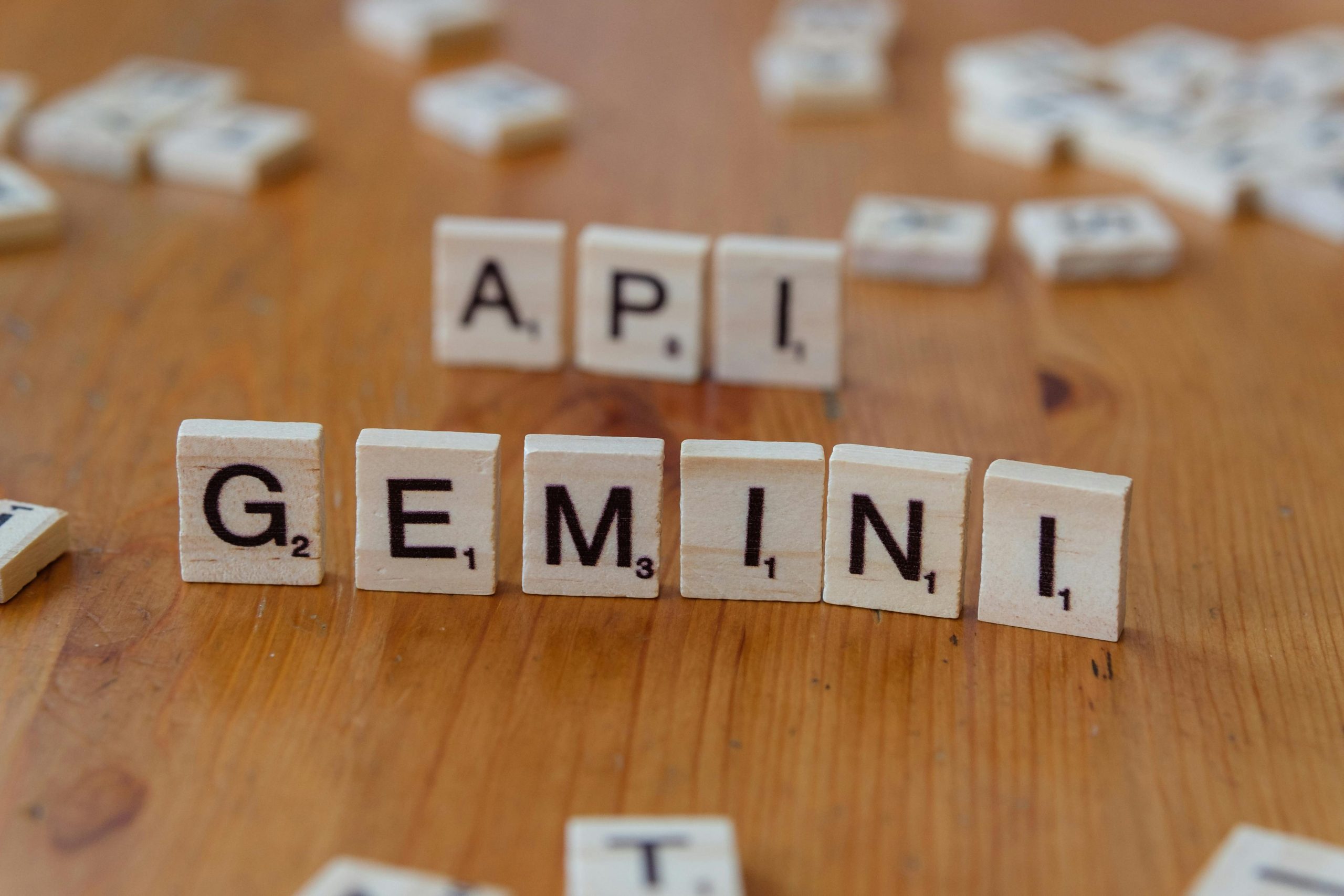Troubleshooting Azure OpenAI Integration: NVIDIA’s Nemo Guardrails Latest Version Causing Errors (Version 19)
Troubleshooting Azure OpenAI Integration with NVIDIA’s Nemo Guardrails
In the ever-evolving landscape of AI models and frameworks, staying updated with the latest versions can sometimes lead to unexpected challenges. Recently, while I was working with Azure OpenAI integrated with NVIDIA’s Nemo Guardrails, I encountered a perplexing error that many users might face during upgrades.
The Upgrade Dilemma
Previously, I utilized Nemo Guardrails version 0.11.0 without any issues; however, after upgrading to 0.14.0, I was met with a frustrating error message during runtime. After thorough debugging, I confirmed that my model configurations from the config folder were being passed correctly to the application. Despite this, something had clearly changed in the latest version, but I couldn’t pinpoint what it was as the official documentation provided no guidance on modifications to model configurations.
The Error Unveiled
The error message I encountered read as follows:
ModelInitializationError: Failed to initialize model 'gpt-4o-mini' with provider 'azure' in 'chat' mode: ValueError encountered in initializer_init_text_completion_model(modes=['text', 'chat']) for model: gpt-4o-mini and provider: azure: 1 validation error for OpenAIChat
Value error, Did not find openai_api_key, please add an environment variable OPENAI_API_KEY which contains it, or pass openai_api_key as a named parameter.
Identifying the Root Cause
This error indicated that the OpenAI API key was missing. The message clearly pointed out the need for an environment variable named OPENAI_API_KEY or the necessity to pass the API key as a named parameter within the application.
Solutions and Workarounds
If you find yourself in a similar situation, here are some steps to remedy the issue:
- Setting Up the API Key: Ensure that your OPENAI_API_KEY is correctly configured in your environment. You can set this variable in your terminal session for testing purposes or include it in your project’s environment settings.
bash
export OPENAI_API_KEY='your_api_key_here'
- Passing the API Key Directly: Alternatively, you can modify your model initialization code to include the API key directly as a parameter:
“`python
model = initialize_model(‘gpt-4o-mini’, provider=’azure














Post Comment